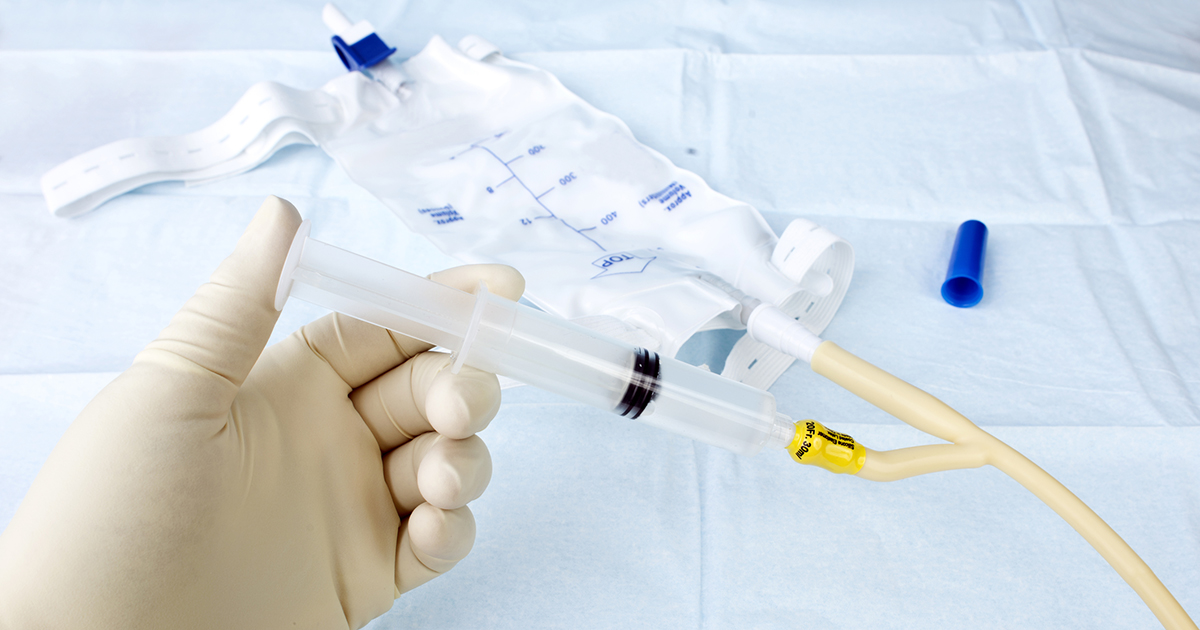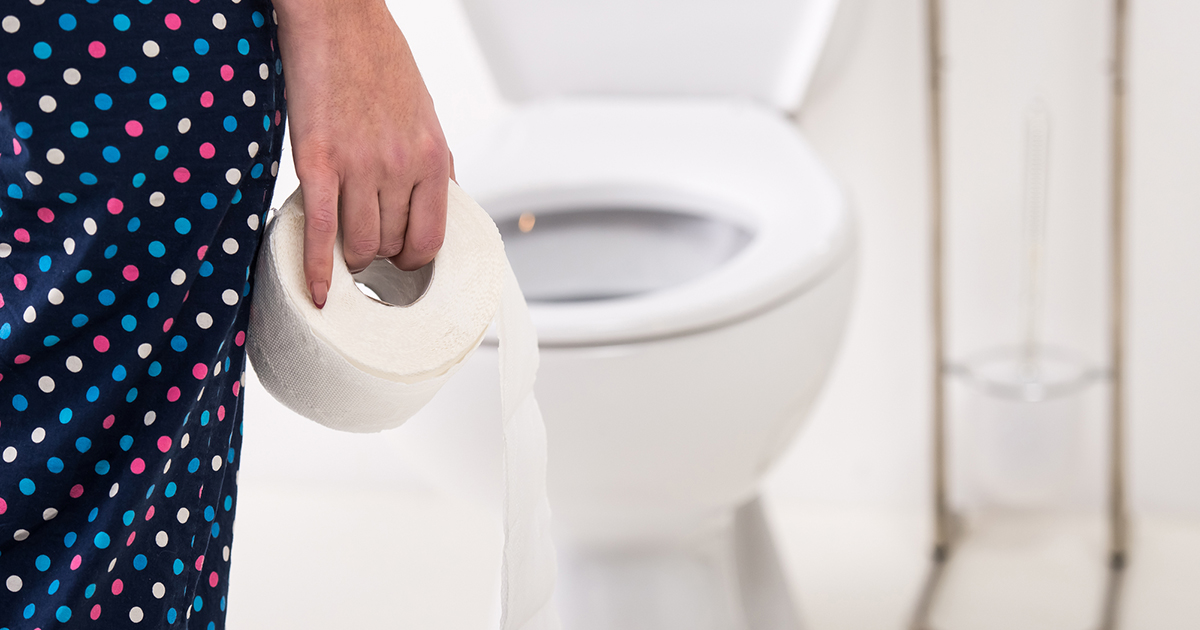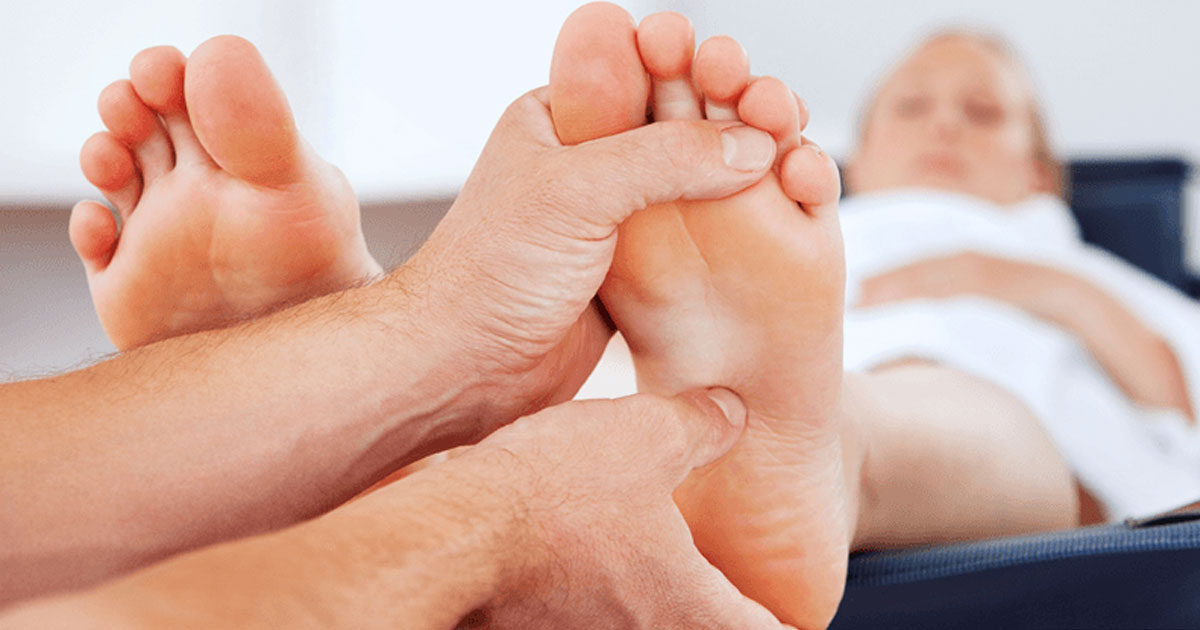What Causes Bladder Spasms?
Bladder spasms can be best described as the action of the bladder contracting or squeezing involuntarily, which sometimes causes the affected individual to urinate when they do not intend to. The sensation of a bladder spasm is one that happens suddenly or without any warning. Bladder spasms cause a burning sensation and or cramping pain. Other symptoms of frequent bladder spasms include accidental urine leakage, waking up several times a night to urinate, and frequent urges to urinate. The symptoms of bladder spasms tend to simulate those of a urinary tract infection. Bladder spasms are uncomfortable, painful, and inconvenient, but there are numerous medications and surgical interventions available to restore an individual's normal bladder function. Bladder spasms are often a complication of an existing condition, but other factors can also cause them to occur.
Use Of A Catheter

Many individuals experience bladder spasms due to the use of a catheter. A catheter is a narrow, flexible tube utilized to evacuate urine from an individuals body. Catheters are often used on a short term basis such as after surgical procedures when the individual is not mobile just yet. Catheters are also used on more of a long term basis for patients who are not mobile at all, or those who cannot control their bladder function. The catheter is inserted through the urethra and is pushed into the bladder. Catheters used to empty the bladder once do not have a balloon at the end, while catheters meant to stay in place for some time do. The balloon is inflated once the catheter has been inserted in order to keep it in place. Because a urinary catheter is a foreign object in the urethra, it is natural that some irritation would occur when the patient is not used to it. In addition, the friction from moving a catheter in and out of the urethra can cause inflammation. Irritation or inflammation in the urethra or bladder is a common trigger for bladder spasms.
Learn more about the causes of bladder spasms now.
Urinary Tract Infections

Urinary tract infections (UTIs) are characterized by an infection of any component of the urinary system including the ureters, kidneys, urethra, and bladder. UTIs happen as a result of an invasion of bacteria in the urinary tract. Bacteria enter the urinary tract through the urethra, and they make their way up into the bladder. Once there, the bacteria begin to multiply and colonize in the muscle rapidly. This bacteria colonization results in the development of a full-blown urinary tract infection, resulting in a response from the individual's immune system. The immune response results in inflammation of the bladder that makes the patient feel like they need to empty their bladder when it is already empty. Because of this sensation, it is not uncommon for the patient to excessively strain to urinate more. This intense strain on the bladder, urethra, and the sphincters can result in the bladder unexpectedly contracting. Usually, the bladder spasms will cease after the individual receives treatment for the infection and stops excessively straining to urinate.
Get more information on what causes bladder spasms now.
Interstitial Cystitis

Interstitial cystitis or painful bladder syndrome is a condition that affects the bladder, causing the patient to feel bladder pressure, bladder pain, and pelvic pain when no infection is present. In a healthy individual, the bladder expands as it fills with urine, and when full it tells the brain through the pelvic nerves to urinate. This process is what makes a healthy individual feel the actual urge to urinate. This process malfunctions in patients affected by interstitial cystitis. This malfunction causes them to feel the need to urinate more frequently and have a smaller output then healthy individuals. Often times, the patient will have intense feelings of urgency on a frequent basis. Affected individuals may often strain to empty their bladder due to this condition because what they feel does not align with how much urine is present in the bladder. The pressure on the bladder from severe straining can easily cause it to contract involuntarily. Bladder spasms are an extremely common complication in interstitial cystitis patients.
Continue reading to reveal more causes of bladder spasms now.
Multiple Sclerosis

Multiple sclerosis (MS) is an autoimmune disease, meaning the patient's immune system attacks the protective myelin sheath that covers the nerves. It is also a progressive disease that eventually becomes extremely debilitating to affected individuals. The myelin sheath covering the nerves serves as a protective fatty layer that ensures the smooth transmission of signals between the brain and nerves around the body. When the immune system of multiple sclerosis patients attacks the myelin sheath, the protective covering becomes damaged and may severely disintegrate. Without adequate myelin sheathing, the brain is often not able to correctly communicate with the pelvic nerves. The pelvic nerves are responsible for telling the bladder what to do and when to do it. When the signals to the bladder from the brain are impaired or disrupted, the bladder will relax when it shouldn't, contract inappropriately, and the sphincter will not function normally to hold in urine. When the impaired nerve signals cause the bladder to abnormally contract, bladder spasms occur.
Discover more bladder spasms causes now.
Diabetic Neuropathy

Diabetic neuropathy is a condition where a diabetes patient sustains damage to their nerves. Because individuals with diabetes have trouble managing their blood glucose, they often experience high blood sugar. High blood glucose can cause injury to the nerves around the body. Frequent episodes of high blood sugar can also cause weakening of the walls in an individual's capillaries that give their nerves essential nutrients and oxygen. Diabetic neuropathy is known to affect the nerves in the feet, legs, heart, digestive system, and urinary tract. Although there are several types of diabetic neuropathy, only one of them often causes problems with bladder function called autonomic neuropathy. The nerve damage can cause the patient to have trouble emptying their bladder all the way, issues keeping urine inside of the bladder, and frequent urgency. In addition, the mixed up nerve signals can cause the bladder muscle to contract erroneously or spasm suddenly.